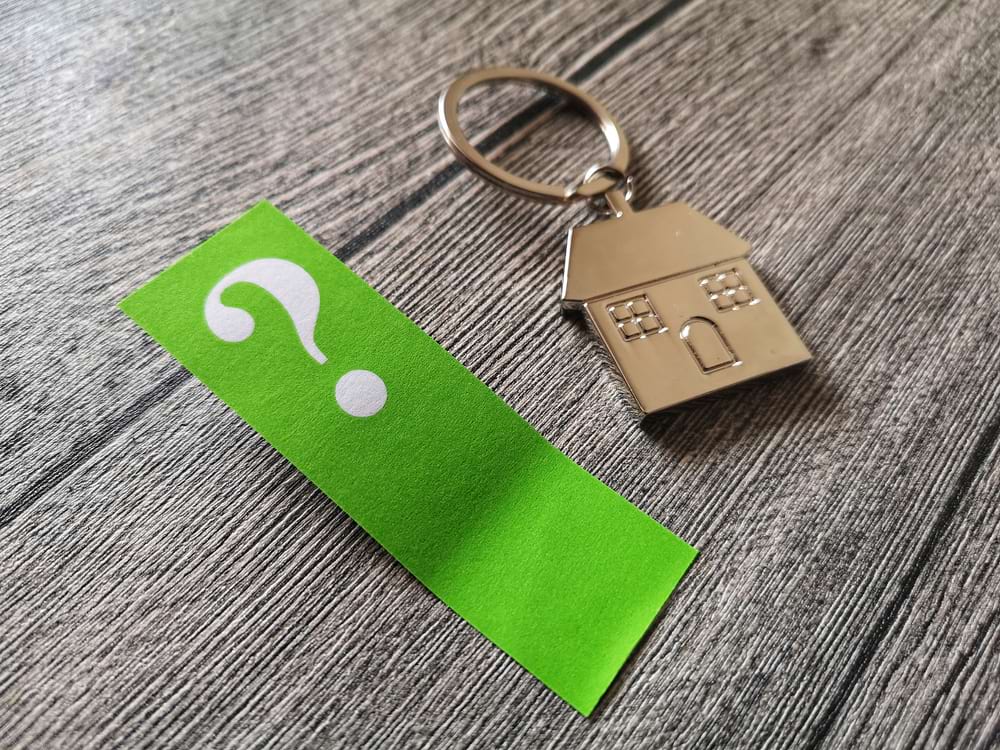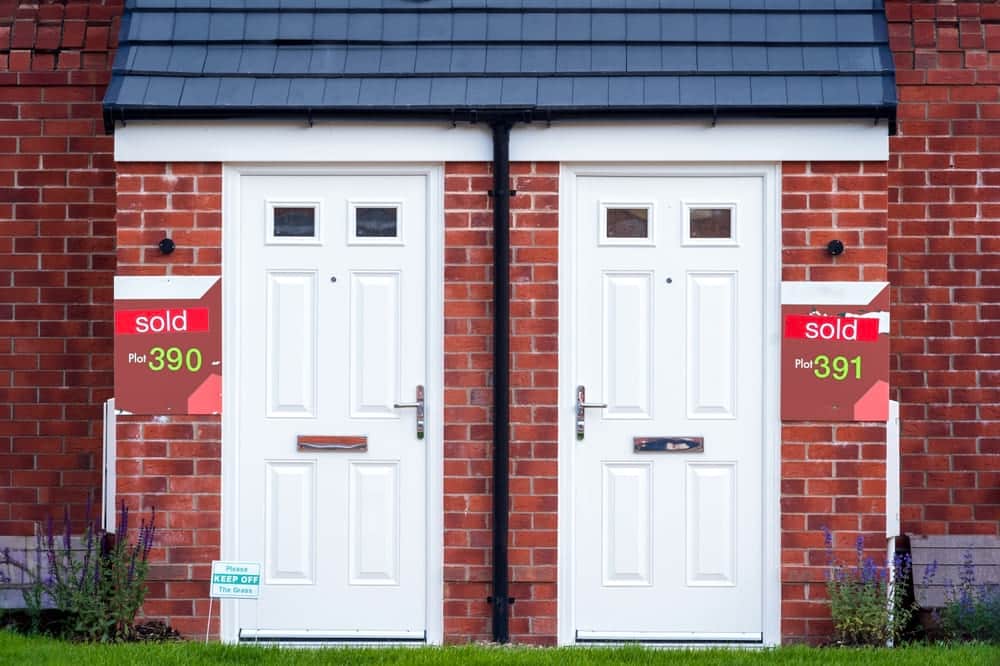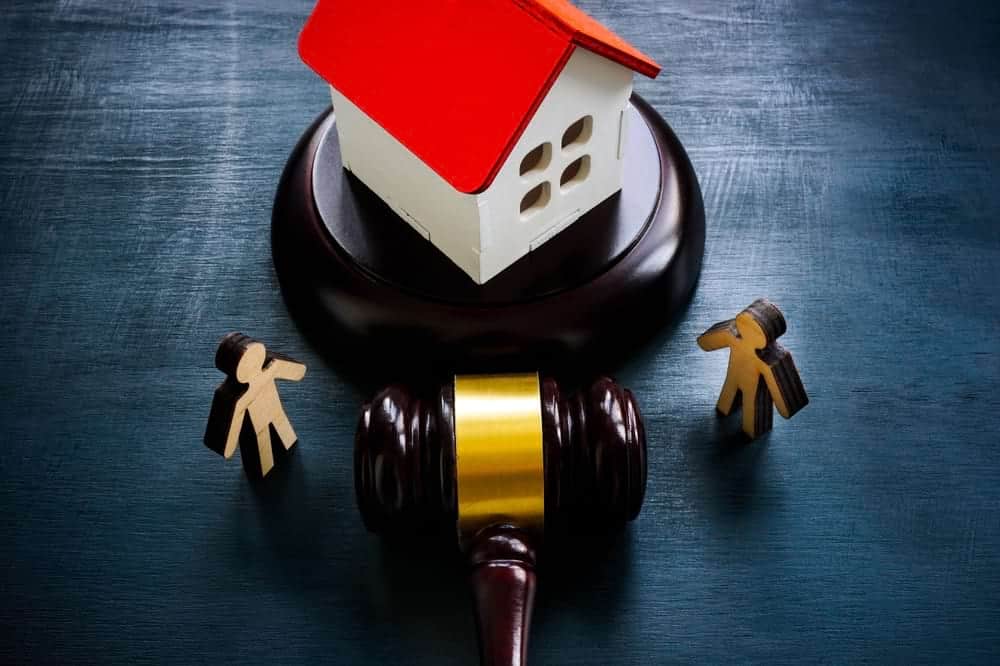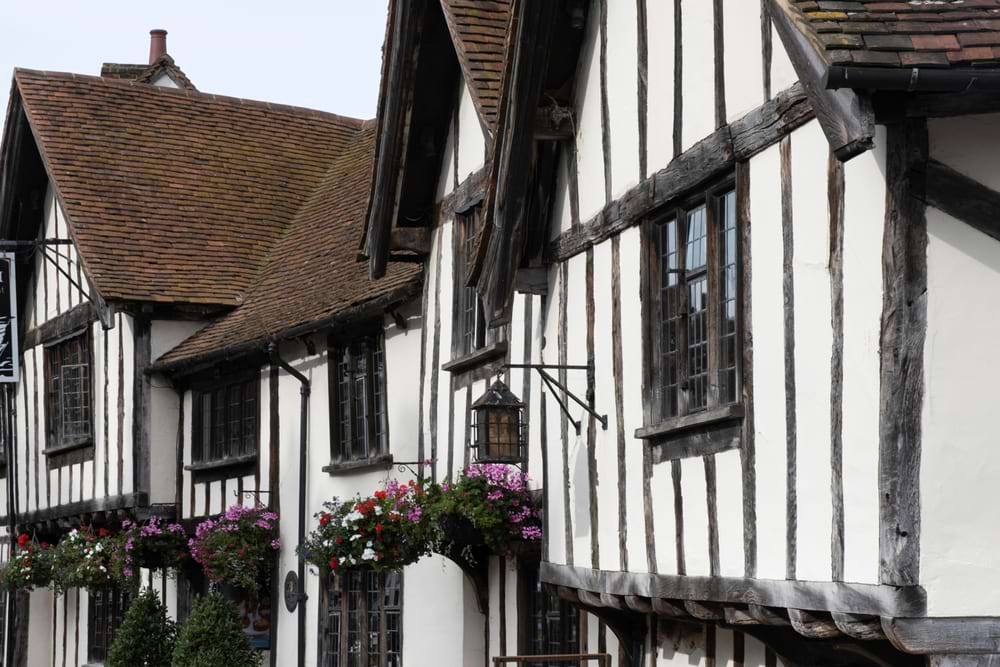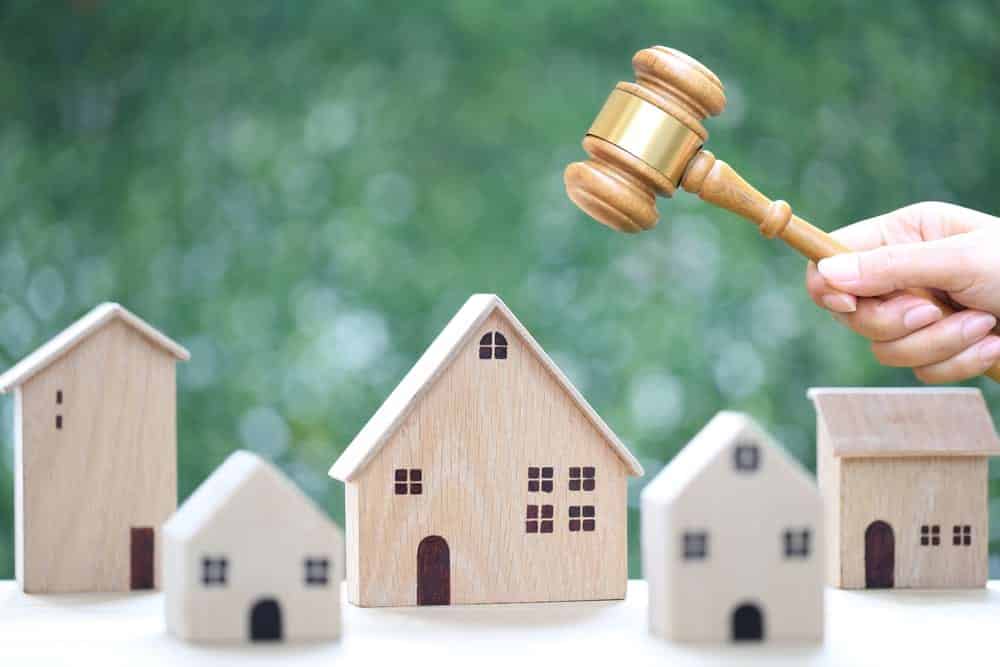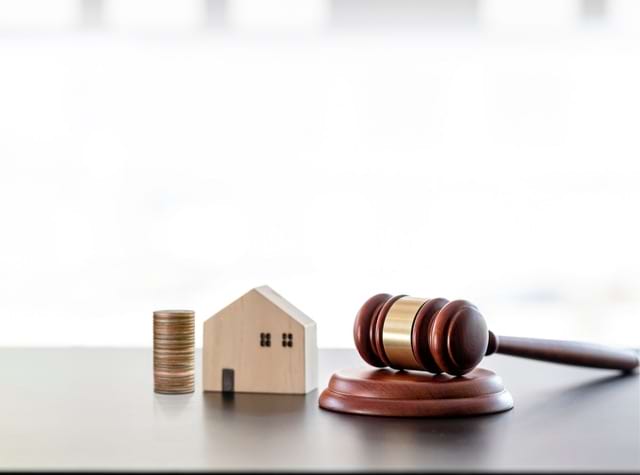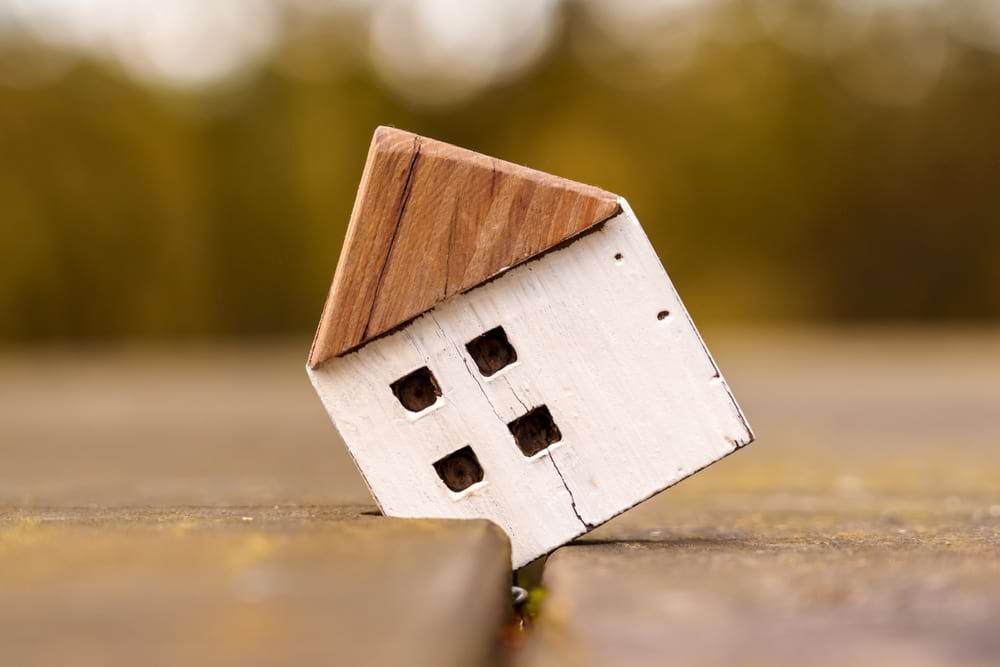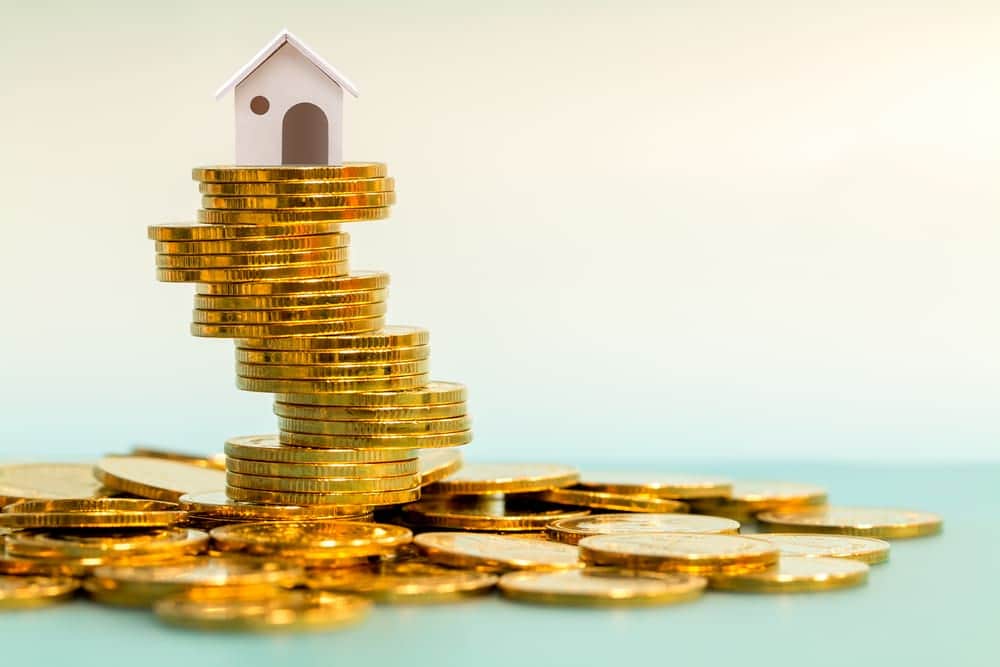Guide price is a term you often hear in the UK housing market.
For sellers, it’s an integral part of pricing a property to sell fast.
And for buyers, it’s something to understand before making an offer.
Read on to learn about what it is, how it’s created, and more.
What is a guide price for a house?
A guide price is a figure (or range) a property seller sets on listings to guide buyers towards a price they (the seller) are willing to accept.
It indicates the seller’s mindset. In most cases, buyers must make an offer near or at this figure to be considered.
After this, negotiations might lead to a different selling price.
Guide price vs asking price vs selling price
Guide prices and asking prices are similar.
The main difference is that guide prices are looser, so they signal a willingness to negotiate more than asking prices do.
Selling prices, by contrast, are straightforward: they are the objective figure a property sells for. They don’t change.
Why does a homeowner set a guide price?
Estate agent advises them to
Your estate agent may encourage you to set a guide price when selling your house.
This helps to avoid timewasters who can’t meet what you’re looking for.
And it might also start a bidding war by bringing more people into the negotiations.
Selling prices in the area are inconsistent
Sometimes, settling on a specific selling price for your house can be difficult.
Changing external factors can make the waters murky. So, in these cases, a guide price can stop you from feeling tied down to one specific number.
The owner and estate agent having different opinions
Sometimes, you’ll disagree with your estate agent about how much your house is worth. It’s often the case that they think sellers overprice their property.
You may then want to meet halfway by using a guide price. It’s a compromise that ensures both views are respected.
How do I know if the property I want is listed with a guide price?
If a house has a guide price, you will see this wherever it’s advertised.
This might be in local magazines or online platforms like Rightmove and Zoopla. You could also ask the estate agent directly.
If you’re looking for a house via auction, you will see a guide price as an amount set within 10% of the reserve price.
Or, you could see the price set as a minimum and maximum range where the guide price sits in between.
How is a guide price worked out?
There’s no set formula for calculating what your guide should be.
The homeowner and estate agent will usually assess several different things.
1. Economic conditions
The housing conditions when you list your property make a huge difference.
For example, if there are fewer buyers in the area, this reduces your negotiating power.
And you may be forced to drop your guide price. However, an active market can have the opposite effect.
2. Location
You should get an estate agent with in-depth knowledge of the local market.
This gives you insights into what similar properties nearby have sold for recently.
3. Property condition, size and appearance
Your house sells for more when it’s in excellent condition.
This can come down to simple things like how well it’s staged and larger issues like interior design and property condition.
